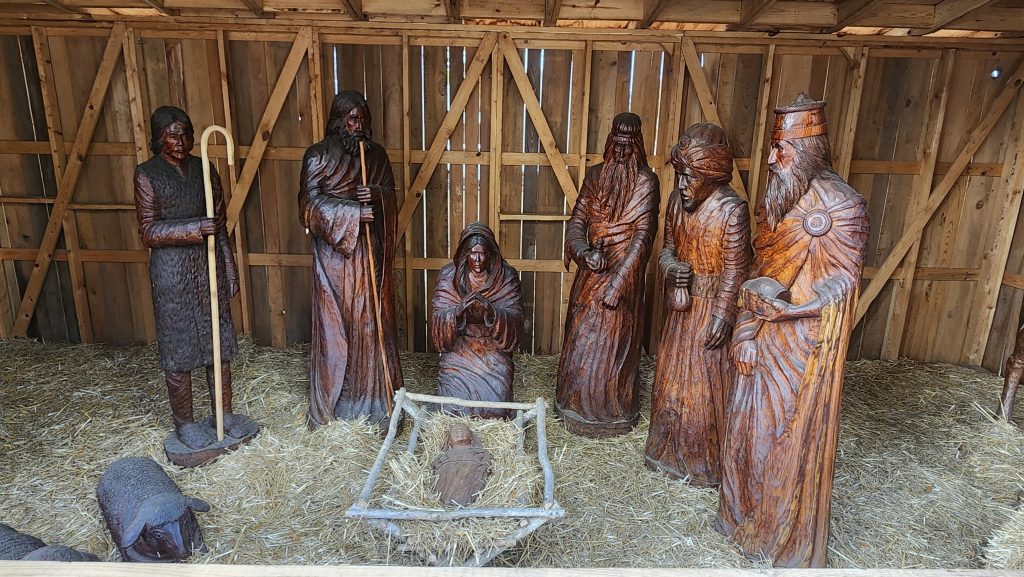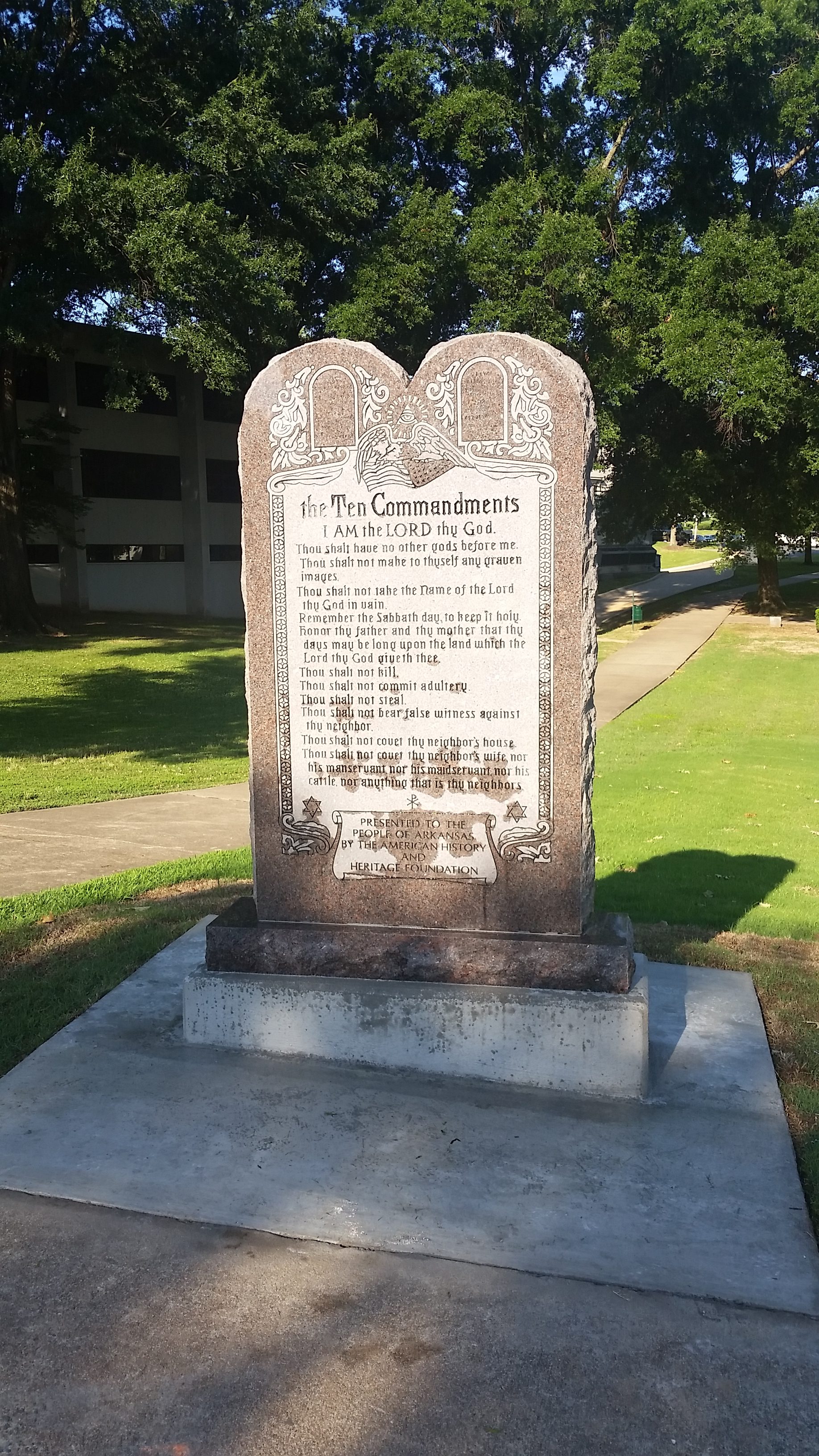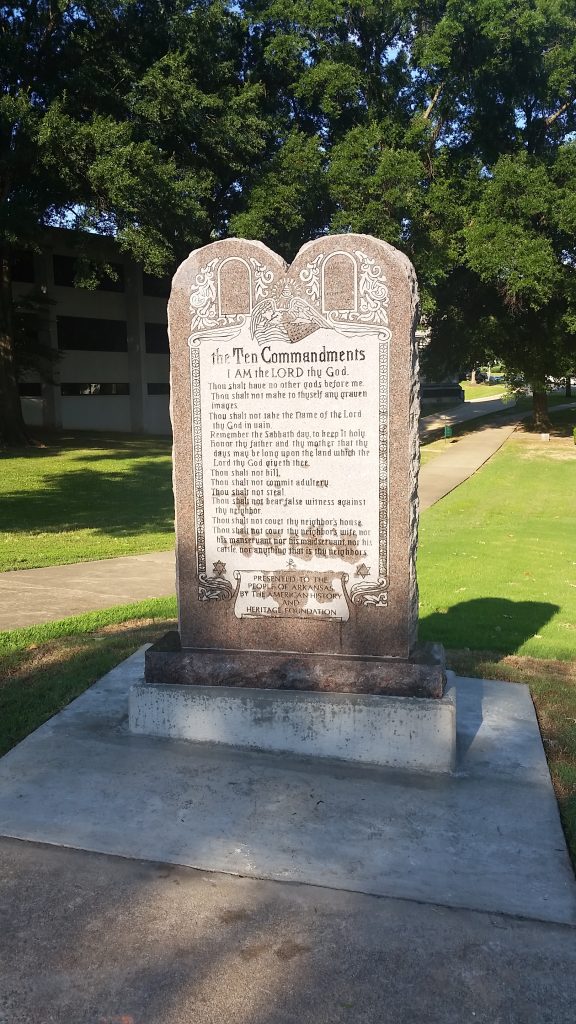Out-of-State Attorneys Join Ten Commandments Lawsuit
Out-of-state attorneys from atheist organizations have been given a green light to participate in a lawsuit that would block the Ten Commandments in Arkansas’ schools and public buildings.
Arkansas law requires a copy of the national motto, “In God We Trust,” to be displayed in public schools and other public buildings. Act 573 of 2025 by Sen. Jim Dotson (R — Bentonville) and Rep. Alyssa Brown (R — Heber Springs) requires a historical copy of the Ten Commandments to be displayed as well. The measure received strong support in the Arkansas Legislature earlier this year, and the governor signed it into law on April 14. Act 573 is slated to take effect later this summer.
However, the ACLU filed a lawsuit on June 11 to block Act 573. On Monday, the federal court issued a series of procedural orders letting attorneys from the Freedom From Religion Foundation in Wisconsin and Americans United for Separation of Church and State in Washington, D.C., represent plaintiffs in the case as well.
This is not the first time these groups have opposed laws in Arkansas. The Freedom From Religion Foundation is currently part of a lawsuit to remove a monument of the Ten Commandments from the capitol lawn in Little Rock. And both organizations also have a history of complaining about religious expression in Arkansas.
Over the years, the U.S. Supreme Court has ruled that items that are important to our nation’s history — like the Ten Commandments or the national motto — may be honored and recognized publicly without running afoul of the First Amendment.
The Ten Commandments are one of the earliest examples of the rule of law in human history, and they have had a profound impact in shaping America’s concept of the rule of law as well.
Besides being culturally and historically significant, copies of the Ten Commandments have often appeared in artwork at courthouses and similar locations around the country.
During her testimony in support of Act 573 last April, Rep. Alyssa Brown noted that the U.S. Supreme Court uses a “longstanding history and tradition test” to decide if it is constitutional to display something like a copy of the Ten Commandments. Rep. Brown said, “The Ten Commandments without a doubt will pass this longstanding history and tradition test.”
We believe our federal courts ultimately will agree and uphold Act 573 as constitutional.
Articles appearing on this website are written with the aid of Family Council’s researchers and writers.






